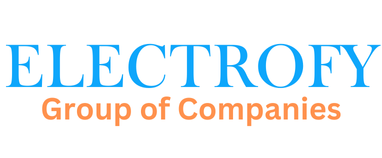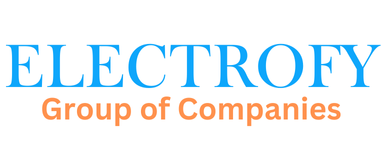Solar


Solar power is the conversion of energy from sunlight into electricity, either directly using photovoltaic (PV) panels or indirectly through concentrated solar power systems. Photovoltaic cells capture sunlight and transform it into electrical energy, which can be used immediately, stored in batteries, or fed into the electrical grid. Concentrated solar power systems use mirrors or lenses to focus sunlight onto a small area to produce heat, which then generates electricity through a steam turbine.
Solar energy is a clean, renewable source that reduces greenhouse gas emissions and dependence on fossil fuels. It is abundant, available in many parts of the world, and can be harnessed in various scales, from small residential setups to large solar farms. Solar power is increasingly becoming cost-effective due to advancements in technology and reductions in the cost of solar panels and related equipment.
Electrical cables come in various types and sizes to suit different applications, including power distribution, telecommunications, and data transmission. Power cables, for example, are designed to carry high voltage and current, whereas data cables are optimized for transmitting digital signals with minimal interference. Shielded cables are used in environments with high electromagnetic interference to ensure signal integrity.
Key specifications of electrical cables include voltage rating, current capacity, insulation type, and temperature rating. Proper selection of cables is crucial for efficiency and safety in electrical systems, ensuring reliable performance and minimizing risks of overheating or electrical fires. Electrical cables are integral to modern infrastructure, from residential wiring to industrial power networks.

